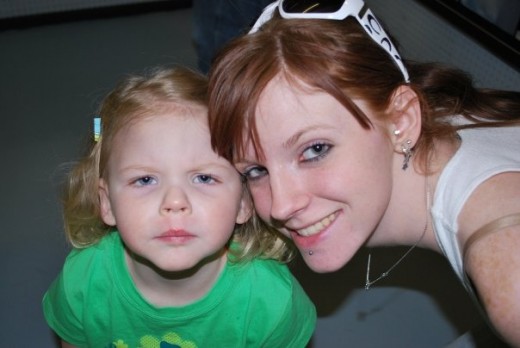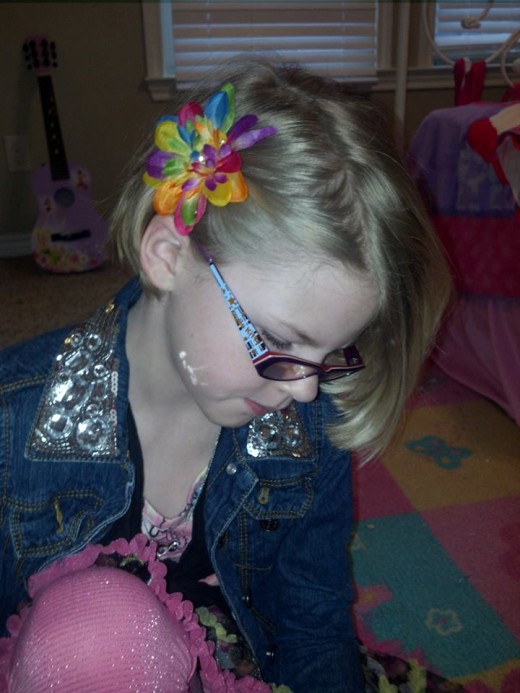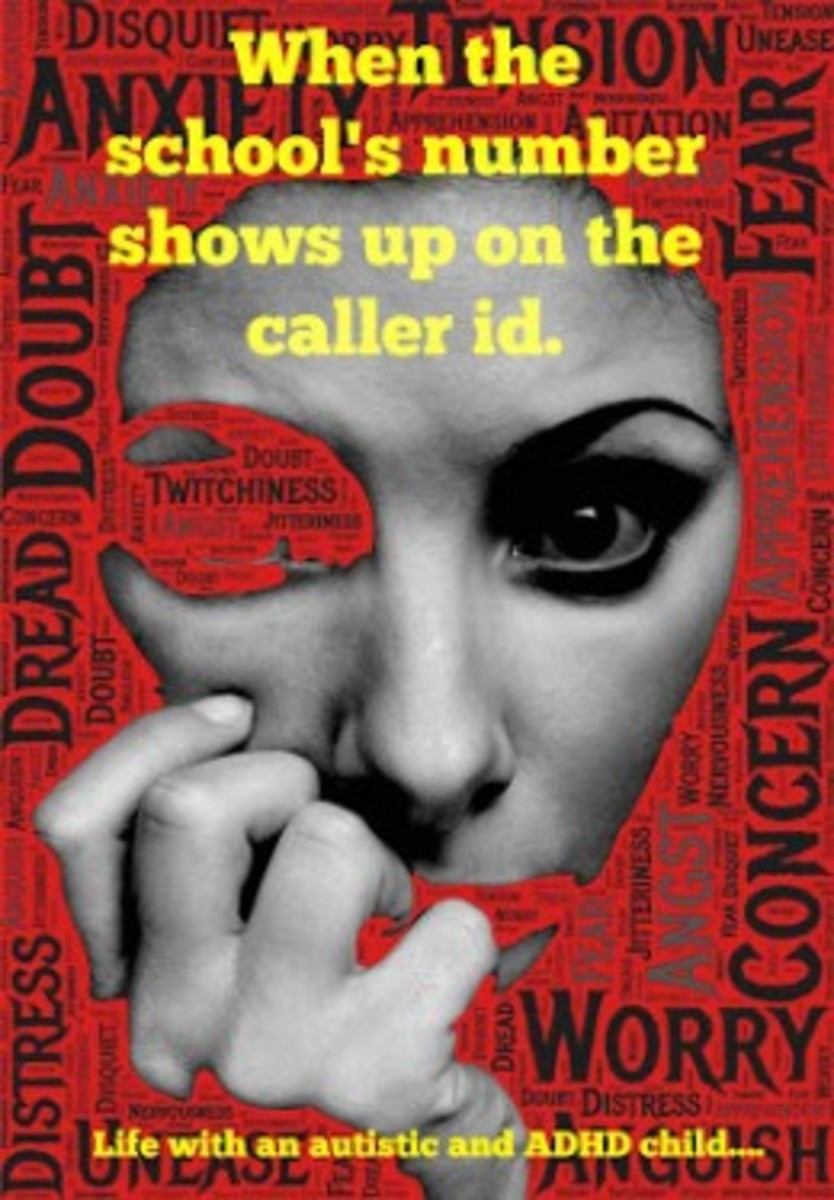Child Behavior - What Is and Isn't Normal

What do I do?
Your six year old just threw herself on the floor screaming because you won’t give her that brand new Lalaloopsy she spotted at the mall just moments before. Normal. But when you arrive home, she takes her anger out on her stuffed teddy bear you got her for her birthday. She rips the arms off and perhaps even threatens suicide.
Children are professionals at blowing the tiniest things out of proportion, yet they also have the uncanny ability at completely forgetting about it and moving on in a matter of minutes. But as luck would have it, you were blessed with the child that isn’t so great at the latter of the two.
Often times children who appear normal do have underlying issues all the while children who seem to possibly have a disorder that may need evaluation could very well end up being a simple phase. In the end, you're the parent and you will need to decide what is best for you and your child.
Normal Behavior
Throwing an extremely embarrassing temper tantrum in public is absolutely normal. Children don’t understand how to properly portray their emotions, so when something bothers them, they’re typically ‘blinded by emotion’ and become enraged. Due to their short attention span, they have a tendency to quickly forget what just happened and can easily become perfectly reasonable again which leaves you wondering if your child could possibly be mentally unstable. Fear not, the little drama queens and kings are just communicating emotionally the only way they know best.

What Isn't Normal Behavior
Finding out your sweet little angel purposely suffocated her hamster or that your darling prince took a pair of scissors to your couch is usually cause for concern. But before you start assuming you’re raising the next Jeffrey Dahmer, make sure this antic isn't just associated with some temporary child-like meltdowns. If your child’s behavior is a plethora of red flags, then it’s time to get some help.
Mental Health Disorders in Children
Attention Deficit Disorder/Hyperactivity Disorder (ADHD/ADD)
- Signs usually include fidgeting, the inability to focus on something, a feeling of being overwhelmed when faced with even small tasks, being physically active during times when it's inappropriate, and the inability to sit still.
Schizophrenia
- Signs usually include trouble sleeping, reclusive behavior, may or may not consist of hearing voice and/or hallucinations, lack of motivation, and depression.
Bipolar Disorder
- Signs usually include disruptive and/or explosive behavior, violence when angry, depression, sadness, irritability, extreme mood swings, going from a state of pure joy to a state of rage/sadness.
Antisocial Personality Disorder
- Signs usually include impulsive behavior, lack of remorse, compulsive lying, disregard for own or other people's safety and feelings, socially reclusive.
Generalized Anxiety Disorder (GAD)
- Signs usually include constantly being worried and/or scared, separation anxiety, nervousness, hesitant to do things that normally aren't done, sweating, fidgeting

Do you believe your child could be mentally ill?
Red Flags in Behavior
- Separation issues when being left without parent
- Does not refer to self as “I”
- Shows hardly no impulse control; immediate response is violent such as hitting, kicking or biting
- Threatens suicide
- Treats people as objects and has no remorse or empathy towards others
- Aggressiveness is consistent, frequently hurting others
- Compulsive lying
- Stealing
- Early sexual activity
- Cannot complete anything by themselves due to an extremely short attention span
- Harmed a pet or person physically without feeling guilty
- Deliberately destroys things usually not belonging to them
- Does not seek nor want affection
- Withdraws from people and relationships; prefers to be alone
Communicating Successfully
- Ask simple questions
- Be on eye level
- Talk in a friendly tone
- Be sensitive
What Would Cause This Behavior?
Usually when there is some sort of mental disorder, one or more of these red flags will appear. However, often in times the child is going through something that is throwing their emotional state off balance so they begin to shows signs of mental instability. This is usually the point when it’s a good time to start ruling out things that are going on in their life.
- Are there any extreme changes at home?
- Are one or more parents’ gone more frequently?
- Are there any recent reasons for the child to be jealous of another sibling, family member or friend?
Children are easily affected by the smallest things. Begin ruling out reasons for their behavior before trying to seek professional help. Grab a calendar and begin charting when these specific troublesome antics occurred and when new or extreme changes have taken place in their life.
After realizing that little Suzy purposely suffocated that hamster she loved so much just a few days after coming home from visiting her dad’s house, ask her some questions.
- What did you do at your dad’s while you were away, and did you get into any trouble?
- Did you know what you did to your hamster hurt him?
- How does hurting animals make you feel?
Be sympathetic, get on eye level and let your child know that you’re there for them.

Seeking Professional Help
So now you’ve realized that your child possibly needs professional guidance. What next?
Compile the list you made along with dates of everything serious, troublesome or new changes going on in their life. Ask your child’s teacher to perhaps write a note regarding their behavior on a daily basis in class and their behavior towards other children. Gather any antibiotics the child has been taking, also. And if possible, take photographic evidence of anything your child has destroyed at home and any bruises or markings on yourself or their siblings.
Finding a good, reputable psychologist isn’t very difficult, but be sure to get one with a PhD, preferably specializing in children. Most school counselors aren’t qualified to make any diagnoses and will just end up referring you to someone else for further evaluation.
Call around and find out which psychologist takes your insurance. The majority of insurance companies will cover up to 90% after your deductible is met. If you lack insurance and you’re very specific with the psychologist on what is going on, a lot of times they’ll work with you on the price given the fact that the child needs help and you’re a concerned parent.
Never let a child’s anger or behavior issues get the best of them. Even if there isn’t any diagnosis in the end, at least you’ll know. It’s better to be safe than sorry.
The Stigma of Raising a Mentally Ill Child
What if it isn't a Mental Disorder?
From personal experience, I can say this.
My daughter had deranged mental problems when she was smaller. Killing innocent pets. Destroying items that didn't belong to her. Unimaginable outbursts. We began seeing a professional and learned she had ADHD and sometimes she was just seeking attention. The behavior only lasted about 6 months.
She has now grown so much. She's in the 3rd grade, she isn't on (nor does she need) medication, she has a "job" at school with the student committee, and she is also in our state's Gifted and Talented program. Sometimes it's a phase and will fade as time goes. Sometimes it's a legitimate concern. Sometimes it's only because they're merely different.
Regardless, seek professional help if your child depicts any of the red flags. Children not receiving treatment will turn the red flags into lifetime habits and then there is also the risk of future mental health problems, failure in school, and could potentially lead to suicide.
It's never too late to get help.
© 2014 Ash Ryan









